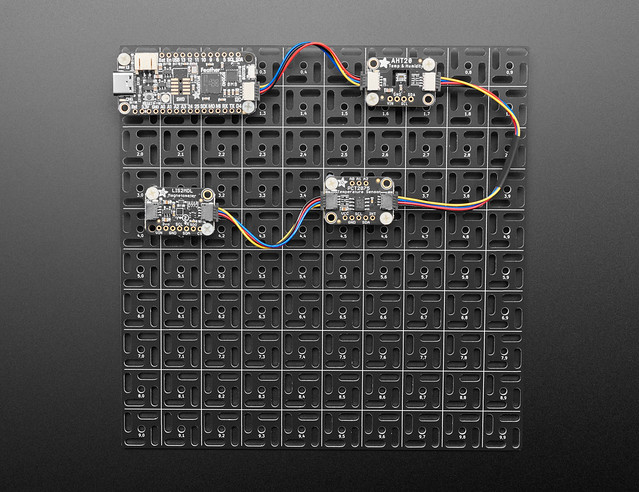Aluminum PCB: A Comprehensive Overview
Introduction:
In the ever-evolving world of electronic devices, Aluminum PCBs have emerged as a popular choice among manufacturers. With their unique design and superior conductivity, these Printed Circuit Boards (PCBs) are revolutionizing various industries. This article will delve into the manufacturing process, characteristics, advantages, usage methods, tips for selecting the right product, and co Aluminum PCB nclude with a concise summary.
Manufacturing Process:
To manufacture Aluminum PCBs, Aluminum PCB a specialized technique called MCPCB or Metal Core Printed Circuit Board is used. These boards are also commonly known as Alu-PCBs or Aluminum clad PCBs. The process involves layering an aluminum substrate between copper layers using high heat and pressure. This ensures excellent thermal management properties along with robust structural integrity.
Characteristics:
1. Heat Dissipation: The primary advantage of Aluminum PCBs lies in their exceptional heat dissipation capability compared to traditional FR4 boards. By efficiently dissipating heat from sensitive components like LEDs or power Aluminum clad PCB modules, they prevent overheating issues.
2. Durability: Due to its sandwiched structure comprising aluminum core and copper layers on both sides’ flexural strength is enhanced considerably when compared to standard PCB options.
3.Electromagnetic Interference (EMI): By eliminating electrical noise interference through proper grounding techniques and reducing signal loss during transmission across components on board; thereby improving overall efficiency
4.Lightweight yet Sturdy: Despite being lightweight designs due to lower weight density achieved by replacing fiberglass insulation wi Flexible PCB manufacturer th thermally conductive dielectric material combined with metal & resin composite exhibiting decent flame-retardant capabilities off Aluminum PCB ering better mechanical support too
5.Cost-Effective Solution: In scenarios where using bulky heatsinks can be avoided reduces cost related to production expenses including transportation costs associated it offers economic benefits making it an ideal choice for many applications
Advantages:
Aluminum PCBs offer several advantages over conventional circuit boards in terms of performance and versatility. These include:
– Improved thermal management, preventing overheating
– Enhanced durability and flexural strength for enhanced reliability
– Superior EMI shielding capabilities for better signal integrity
– Lightweight yet sturdy design, ideal for portable devices or space-constrained applications
– Cost-effective solution compared to employing additional heatsinks
Usage Methods:
Aluminum PCBs find application across various ind Aluminum PCB manufacturer ustries due to the MCPCB (Metal Core Printed Circuit Board) ir unique properties. They are commonly used in:
1. Automotive: Aluminum PCBs are used in automotive lighting systems, such as headlights and taillights.
2. Power Electronics: Due to their excellent heat dissipation characteristics, they are employed in power modules like motor drives or inverters.
3.LED Lighting: The ability of Aluminum PCBs to effectively dissipate heat is critical in LED lighting solutions.
How to Choose the Right Aluminum PCB Manufacturer?
When selecting an aluminum PCB manufacturer, Alu-PCB (short form) several factors need consideration:
1.Quality Standards: Ensure that the manufacturer adheres to international quality standards such as ISO 9001 certification.
2.Experience & Expertise: Look for manufacturers with a proven track record in producing high-quality aluminum boards specific industry benchmarks ensures reliable production expectations can be met.
3.Customization Options – Manufacturers capable of providing customized designs based on your requirements offer more flexibility.
Conclusion:
Aluminum PCBs encompass cutting-edge technology thereby offering notable

benefits surpassing conventional FR4 choices by resolving issues related to intense heating aspects while delivering superior electrical performance overall.A wide range of industries including automotive,solid-state lighting,power generation among others reap these advantages with improved product lifecycle making it an optimal choice over standard pcb offerings.Strategically aligning selection process matching market demand along with thorough evaluatio Aluminum PCB manufacturer n concerning technical expertise from manufacturer coupled with desired features will ensure fulfilling end-user requirements successfully,reaping diverse benefits throughout operations.The future certainly appears bright for this remarkable innovation!
